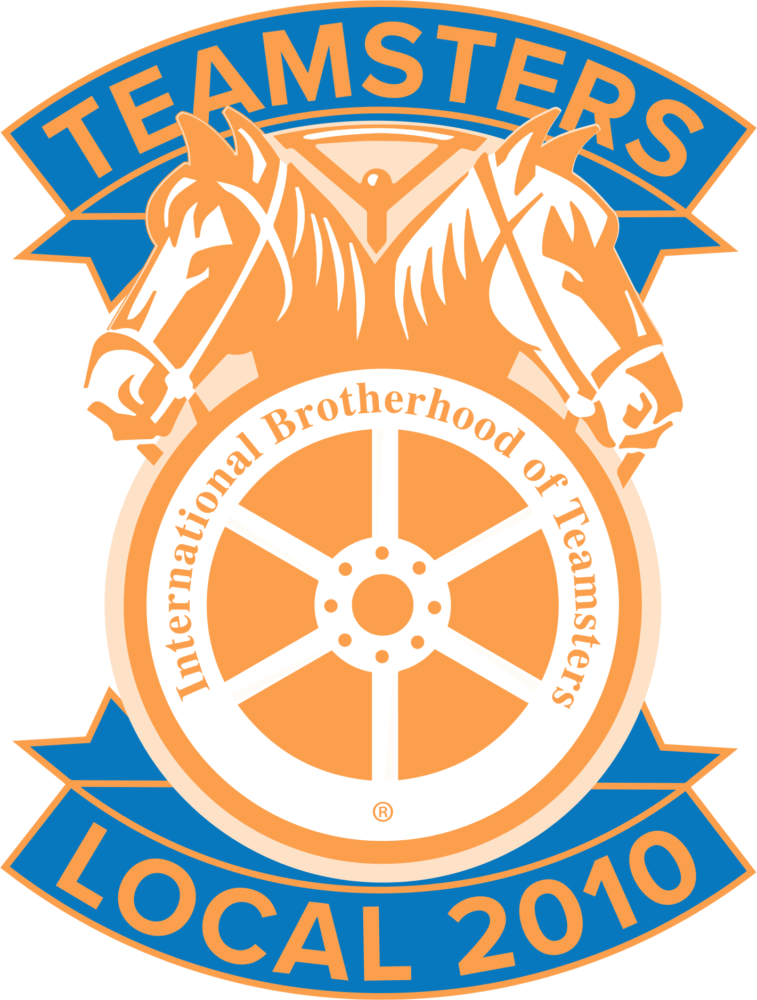
Teamsters, Sister Unions at Critical Juncture in Fight for CSU Salary Funding
Teamsters, CSUEU and other Unions representing workers at CSU have been fighting for a return to salary steps so that CSU wages keep up with those at other similar institutions. This year alone, we’ve held pickets and rallies at most of the CSU campuses, submitted hundreds of postcards detailing how stagnant salaries affect us, and sent 86 members to Sacramento for a successful lobby day, during which we secured the support of numerous legislators.
On June 1, the California Legislature released its proposed 2022-2023 state budget. While the budget is at an extremely fluid time in its process, our Teamsters lobbyists, CSUEU and other Unions continue to work to make sure the final budget includes significant investment in salaries of non-faculty CSU workers covered by a collective bargaining agreement
Teamsters, and our sister Unions are fighting tooth-and-nail to ensure that we get funding to fix the salary crisis at CSU in this year’s budget. This is the culmination of all of our years of hard work and if there was ever a most-important time to make a call to Gov. Newsom, now is that time!
Jason Rabinowitz, Secretary-Treasurer
Our Teamsters lobbyists in Sacramento are working day and night to ensure the budget will address the recommendations of the CSU Salary Study. We need all Teamsters to assist them by calling the Governor’s office TODAY to tell them how important this funding is to us, our families and our ability to continue living and working in California.
Call (916) 445-2841 and tell the Governor how hard you’ve worked for California students and the entire CSU community, and how you can no longer survive on substandard wages.

Timeline of our fight for the salaries we deserve:
1996 – The California State University (CSU) eliminates salary steps for its employees, the only California state agency to do so.
2017 – Skilled Trades workers at CSU join Teamsters Local 2010.
2018 – Gov. Jerry Brown vetoes AB 1231, which received overwhelming support from legislators on both sides of the aisle and labor unions at CSU, as it would have rewarded CSU workers for their hard work and promoted longevity.
2019 – AB 369 slow rolled by Gov. Gavin Newsom. It would have provided funding to restore salary steps for CSU workers, including our Skilled Trades Teamsters, and provide much-needed parity with all other state agencies and state employees. Governor Newsom conveyed his preference that the parties first try to reach an agreement through collective bargaining.
Nov. 2019 – Gov. Newsom writes letter to CSU’s then-Chancellor Timothy White, stating that, “The upcoming [contract] negotiations should result in an agreement with our labor partners that erases the inversion gap, provides salary steps, and fairly and justly compensates these staff for their hard work.”
Feb. 2021 – Senator Connie Leyva introduces SB 566 to address salary steps funding and implementation. In a letter to then-CSU Chancellor Joseph Castro, Leyva wrote: “The opposition by CSU to the prior two bills … and the testimony given in the two previous hearings of the Senate Education Committee, did not instill confidence that the CSU was prioritizing a resolution to this issue. It is my hope—and urging—that, under your leadership, a new commitment will take place to negotiate an outcome that ensures all CSU support staff are shown the dignity and respect they deserve.”
2021 – SB 566 killed in Finance Committee. It would have brought back 5% salary steps for CSU support staff based on satisfactory performance evaluations.
2021 – SB 129 passed by Legislature and included a $2 million allocation to fund a CSU Salary Study, to “undertake an evaluation of existing salary structure, issues of salary inversion, and provide recommendations, if applicable, for alternative salary models for California State University non-faculty staff currently covered by a collective bargaining agreement, including but not limited to an annual salary steps model.”
May 2022 – CSU Salary Study recommends $288 million investment in salary structure improvements for non-faculty staff covered by a collective bargaining agreement (CBA) at CSU to address stagnant wages, new hire salaries that match that of senior staff, and staff salaries that are on average 12% behind the market rate.
June 1, 2022 – California Legislature releases 2022-2023 Budget Summary, which, IF PASSED, would increase allocations to the CSU to incorporate parts of the CSU Salary Study recommendations.
